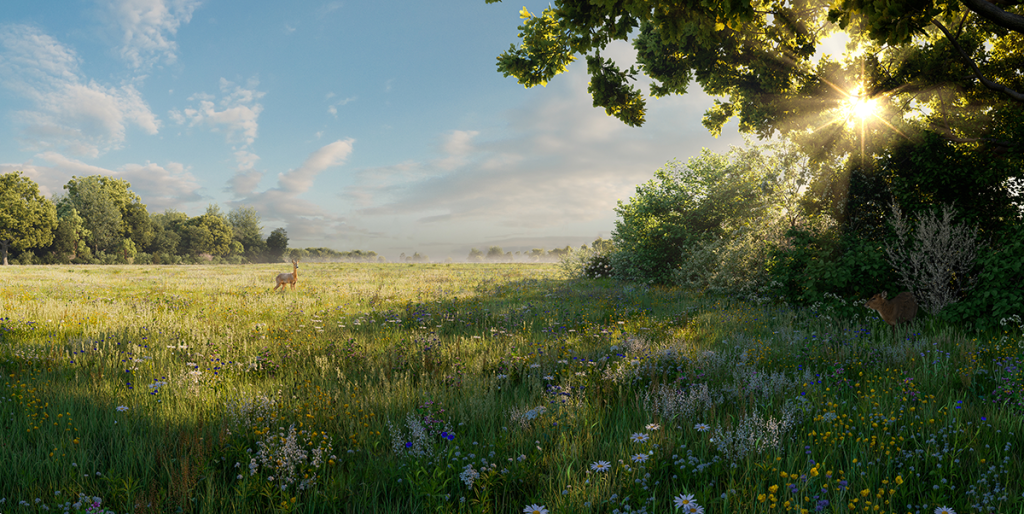Environment Bank the leading provider of off-site BNG solutions, reports that the market has evolved from its early stages to a thriving and successful channel for nature restoration funding across the UK, one year after Biodiversity Net Gain (BNG) requirements came into effect
In the past year, demand for off-site Biodiversity Units has soared, with Environment Bank selling units to over 100 clients in 2024. The momentum has continued into 2025, with January’s sales matching the total sales of the latter half of 2024. Live inquiries are currently valued at £210 million.
Importantly, Environment Bank has ensured that supply meets the rising demand. With 18 of its BNG Habitat Banks listed on Natural England’s national biodiversity gain sites register—accounting for over 40% of all registered sites—the organization has established itself as the UK’s top BNG Habitat Bank provider. These Habitat Banks cover nearly 1,000 acres, offering developers over 2,500 off-site Biodiversity Units to fulfill their BNG commitments.
Currently, Environment Bank is working to support over 1,000 development sites. The 18 registered Habitat Banks are part of its larger national network covering more than 2,000 acres, generating over 5,000 Biodiversity Units. BNG is also creating a valuable new income stream for farmers and landowners, supporting business diversification.
Catherine Spitzer, CEO, Environment Bank said: “The Biodiversity Net Gain Market is thriving and it is truly exciting to see a market that never before existed becoming established and delivering on its goals to restore and protect nature. We’re working with many of the UK’s leading housebuilders, with the majority of our enquiries coming from the sector, and we’ve sold units to most of the biggest names. This shows that BNG provides the right balance – enabling the government’s ambition to build 1.5 million more homes while at the same time investing in and supporting nature.
“The UK is the first country in the world to legislate for nature restoration with large new developments, and we can demonstrate that it is working well, cementing the UK as a world leader in nature markets. I hope its success inspires other countries to follow suit.”
More recently, Environment Bank was involved in the landmark transport infrastructure development linked to Everton Football Club’s new Bramley-Moore Dock stadium in Liverpool. By supplying Biodiversity Units, Environment Bank enabled the planning approval for this vital transport project, a central part of the club’s sustainable transport strategy.

